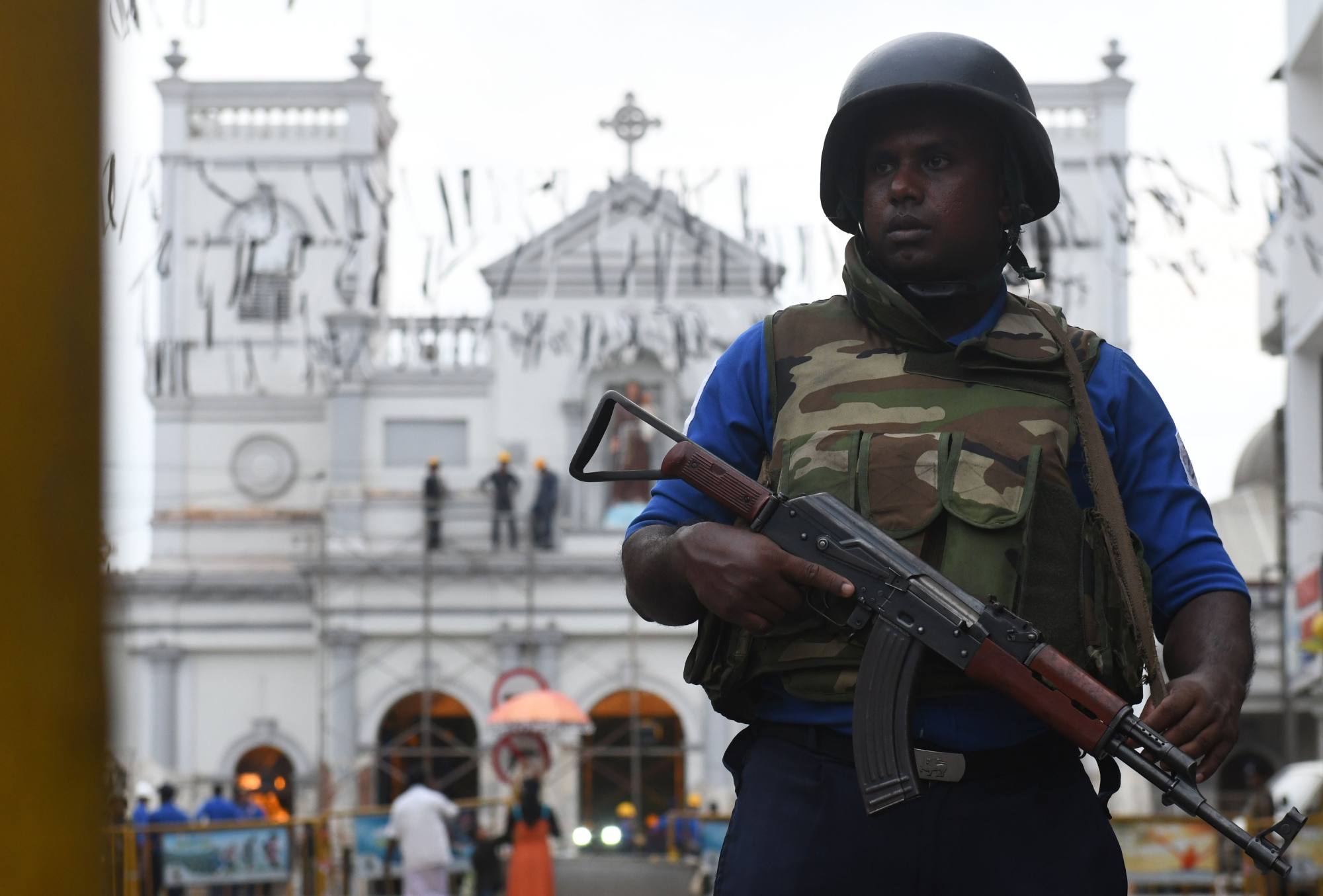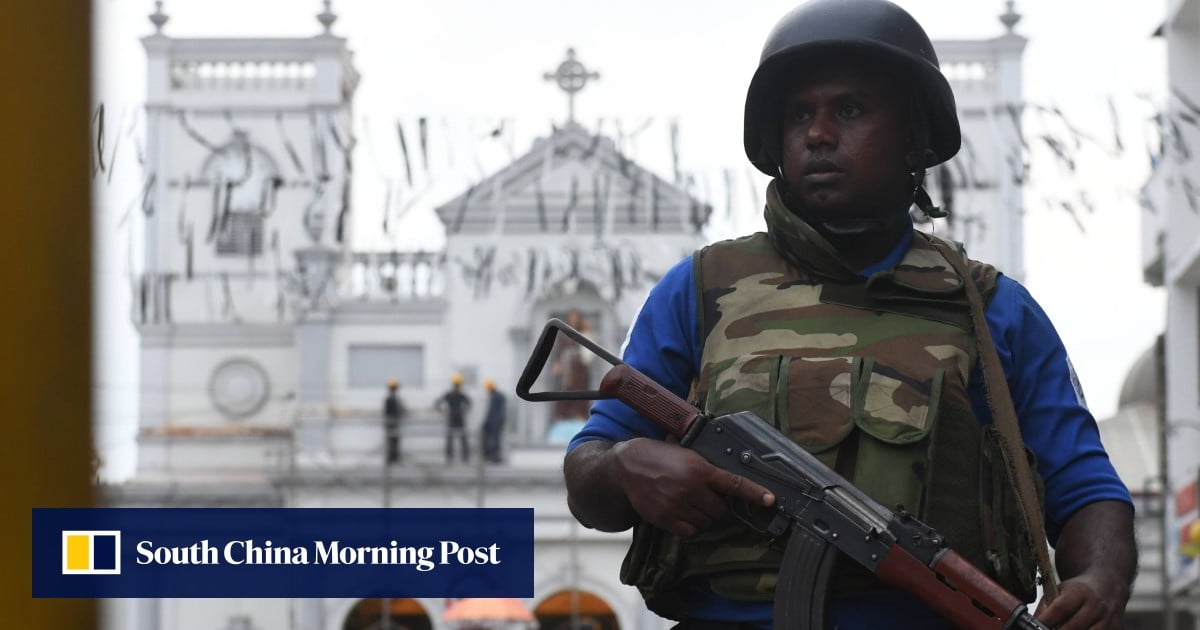Among the dead were 45 foreigners, including tourists visiting the island a decade after the end of a brutal ethnic conflict that had claimed more than 100,000 lives since 1972.
“Sri Lanka suffers from a continuing accountability deficit, be it for alleged war crimes, more recent human rights violations, corruption or abuse of power, which must be addressed if the country is to move forward,” Franche said.
He noted that victims were still seeking justice despite the country’s Supreme Court holding former president Maithripala Sirisena and his top officials responsible for failing to prevent the attack.
“Delivering justice for victims of these attacks should be part of addressing the systemic challenge,” Franche said.

He said the UN Human Rights office has also called on Colombo to publish the complete findings of previous inquiries into the Easter Sunday bombings and to establish an independent investigation.
The leader of the Catholic church in Sri Lanka, Cardinal Malcolm Ranjith, said Rajapaksa since his victory had systematically protected those behind the bombings.
Sri Lanka to probe allegations of intelligence complicity in 2019 bombings
Sri Lanka to probe allegations of intelligence complicity in 2019 bombings
Sri Lanka’s Catholics were scheduled to stage a silent protest later on Sunday to demand a swift investigation into the attacks.
Evidence tendered during a civil case brought soon after the attacks showed that Indian intelligence officials warned Colombo of the bombings some 17 days earlier, but the authorities failed to act.
Then-president Sirisena and his officials have been ordered to pay 310 million rupees (US$1 million) in compensation to victims and relatives.
But the ruling has yet to be fully implemented as Sirisena has appealed and a fresh hearing is scheduled for July.

